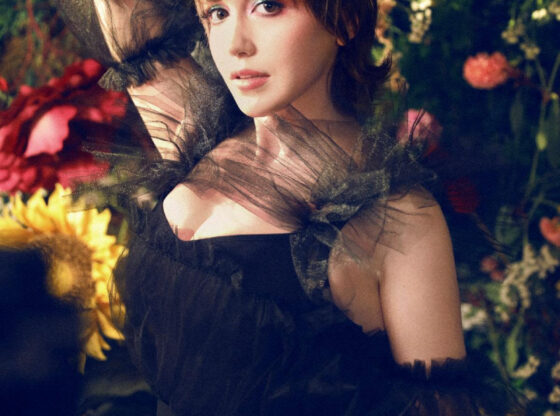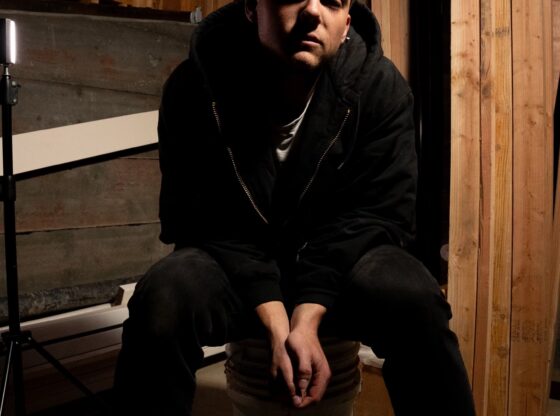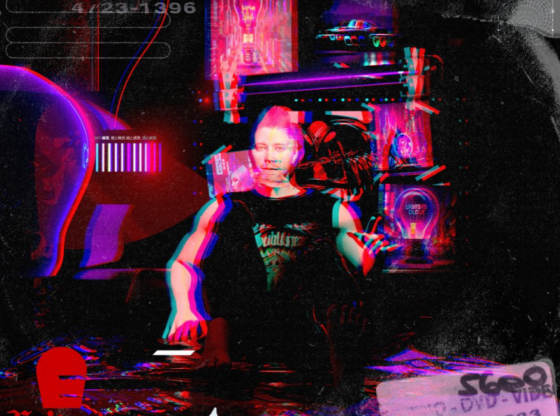A soundtrack has the power to make or break a movie. The music chosen to accompany a love scene, tragedy or climax informs the audience of how they are supposed to feel about that moment. Recently, a new precedent has been set for the expressiveness and poignancy of musical scores in cinema due to brilliant collaborations between visionary directors and intuitive musical composers. These projects reveal that music is integral to the film as the rhythmic heartbeat that gives the plot life. Listed below are a few film soundtracks that really stood out among the abundance of captivating films that were released in the last year.
Shia Labeouf’s (“Transformers”) most recent film “American Honey” is about a group of aimless suburban kids who gather together to ride through the American Midwest and go door-to-door selling magazine subscriptions. The soundtrack that follows the misfits on their listless journey enriches the film with a captivating and at times sobering tone of longing and self-doubt. The film features sounds ranging from contemporary country with Lady Antebellum’s “American Honey” to indie rock and alternative hits like The Raveonettes’ “Recharge & Revolt.” Soft Southern ballads and pensive melodies are starkly contrasted with tracks from rappers like MadeinTYO, Kevin Gates and Carnage whose song “I Like Tuh” will be stuck in your head for days. This strange mixture of genres adeptly captures the confusing and isolating but at times euphoric sentiments of being young and on your own.
Director Barry Jenkins’s (“Medicine For Melancholy”) film is a stunning portrait of the malleability of identity and the weight of societal expectations. One of “Moonlight’s” many Oscar nominations was for the film’s rich soundtrack from American composer Nicholas Britell. Britell delivers a perfect complement to the fiercely emotional story, emphasizing the fragility of the self through the soporific and anxious string-heavy score. The film’s structure illuminates the progression of protagonist Chiron’s identity by breaking his life into the three vignettes: childhood, adolescence and adulthood. Each of Chiron’s “selves” have a different musical theme, and they change only by pitch, beginning high and light in Chiron’s childhood and ending low and subdued as his adult-self nicknamed “Black” is introduced. The music serves as an expression of the character’s identity gradually suffocating with time.
Natalie Portman (“Black Swan”) gave one of the year’s most emotional performances in Pablo Larrain’s (“Neruda”) “Jackie.” Portman beautifully portrays the inner-turmoil and forced reserve of a woman mourning her husband’s assassination while being relentlessly watched by the public eye. The film’s score, also nominated for an Oscar, creates tones of turbulence and anxiety rather than the somber, melancholic sounds that would be expected from a film about a wife’s lamentations. As the tension progresses and falls, the music elegantly accompanies each of Jackie’s subtle cracks in character and moments of silenced despair with what the composer Mica Levi calls “indulgent and distortive” pairings of strings and percussions.
These three films exemplify a soundtrack’s capacity to transform and transfer the characters and scenes. The music doesn’t simply emphasize a movie’s themes as is commonly believed, the music creates the themes.











